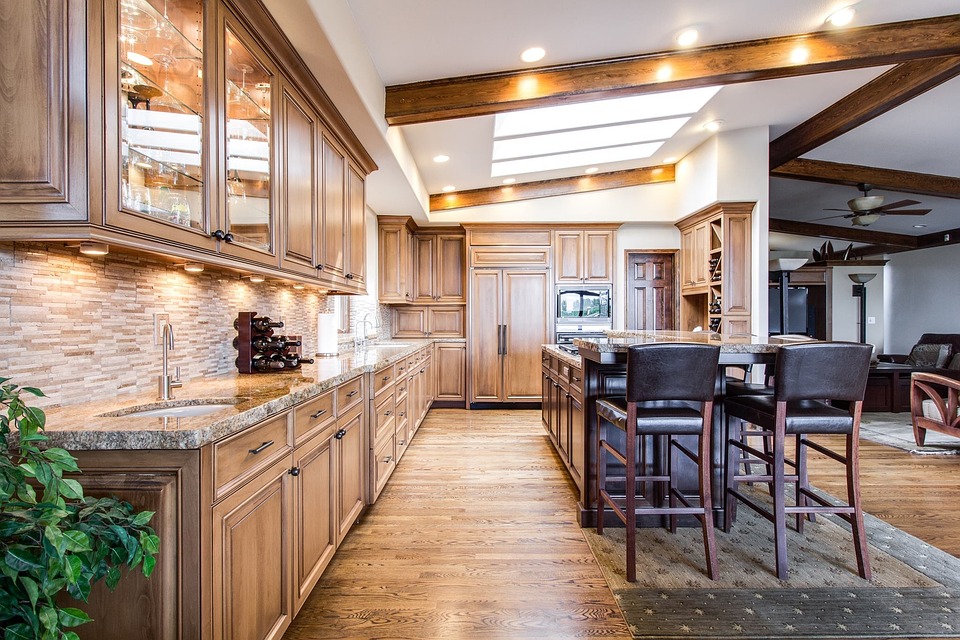Did you know that homes in the UK account for 20% of our greenhouse gas emissions? A recent survey conducted by the National Housing Federation found that the 25 million homes in England produce 58.5 million tonnes of CO2 each year which astonishingly is more polluting than the average annual emissions from the country’s 27 million cars.
This staggering statistic is largely due to the quality of residential properties in the UK. We have some of the oldest housing stock in Western Europe and these poorly insulated structures leak heat before it has had a chance to warm the building. Most UK homes use gas boilers linked to radiators for central heating, an inefficient system which only adds to the problem.
Particularly with the UK looking to attain net-zero carbon dioxide emissions by 2050, houses in England need to have an eco-overhaul – and fast. Increasingly, new builds are being designed with key modern adaptations to significantly reduce their environmental impact compared to their existing counterparts. For future developments, strict construction rules will apply – for example, gas boilers have been banned from UK homes built after 2025.
Looking to buy or build a new home? Do your part and choose installers who are committed to home energy efficiency. As well as being eco-friendly, having an energy-efficient house will save you money – particularly in the current climes of widespread gas shortages. Here are three ways in which you can adapt your new home to reduce your carbon footprint.

Heat Pumps
Instead of relying solely on an old-fashioned and inefficient gas boiler central heating system, newly built homes will use heat pumps as the primary heating source. There are two different types of pumps – air source and ground – and each uses an innovative circulatory system to transfer heat throughout the house. As the names suggest, air source heat pumps absorb heat from the outside air and transfer it inside while ground source heat pumps take heat from the ground and feed this into underfloor heating systems or radiators.
EV Charge Points
As the UK makes efforts to move away from petrol and diesel vehicles and replace these with electric cars, updates must be made to English homes in order to facilitate this change. As of 2022, new builds are required to have electric car charging points in anticipation of the sale of petrol vehicles being stopped by 2030.
Solar Panels
Even in the UK where the sun seems temperamental no matter the season, solar panels are an easy and effective way to generate clean energy. Solar photovoltaic panels fitted on the roof absorb energy from the sun and convert this into electrical energy that can be used to light your home. You can also fit solar thermal panels which can heat water systems.
Source: www.ukhomeimprovement.co.uk











